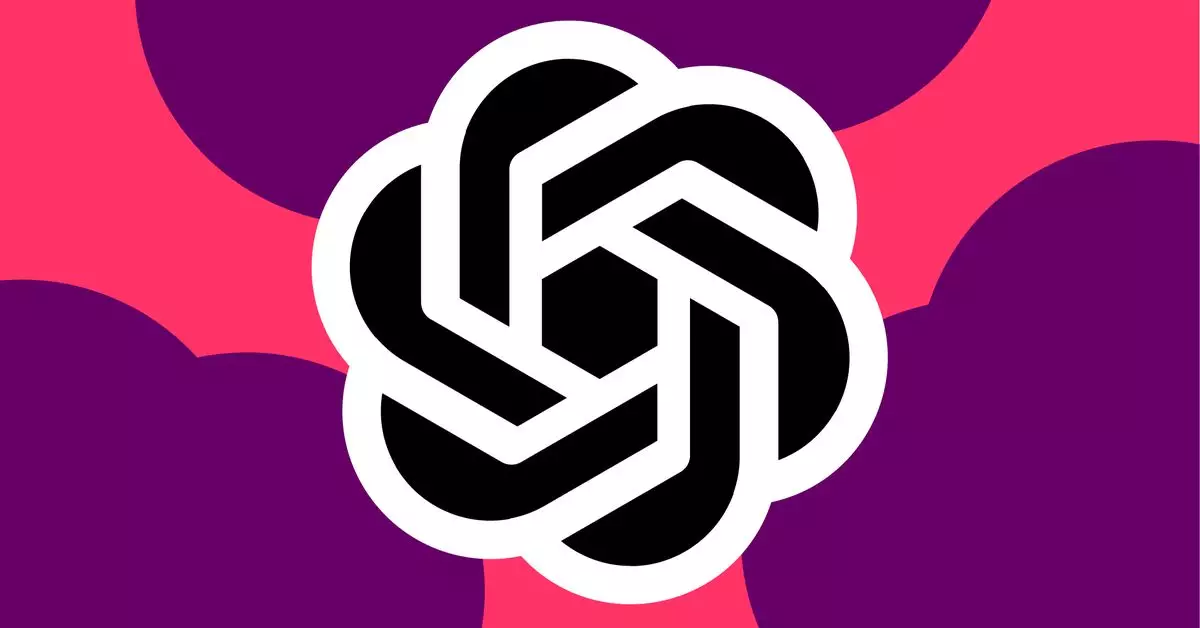On a Thursday afternoon, many ChatGPT users faced frustrations when the chatbot abruptly halted its responses. The problems began around 1:30 PM ET, marked by a sudden spike in reports on outage tracking platform Down Detector, indicating a widespread service disruption. Users encountered messages describing “internal server errors,” leading to confusion and dissatisfaction among those relying on the AI for various tasks. By 2 PM ET, OpenAI acknowledged the issue via an update on its status page, noting that not only ChatGPT but also its API and newly introduced text-to-video generator, Sora, were dealing with “high error rates.”
As the situation evolved, further insights were uncovered. An update issued at 6:15 PM ET confirmed the restoration of functionality for the Sora tool, while recovery efforts for ChatGPT and its API continued. OpenAI refrained from detailing the exact “upstream provider” that contributed to the service disruption. However, Microsoft, the exclusive cloud service provider for OpenAI, reported a related power issue at one of its datacenters, which coincided with the onset of ChatGPT’s failures and was noted to impact services across North America, including Xbox cloud gaming.
This case further illustrates the interconnectedness between technological platforms and the unforeseen complications that can arise from shared infrastructure. It’s evident that even minor challenges in a cloud environment can lead to widespread outages, affecting multiple services simultaneously. The power incident in the South Central US underscored the fragility inherent in such systems.
This particular incident follows a troubling pattern for ChatGPT. Just days after OpenAI rolled out the Sora tool for subscribers, users experienced another outage that left both the AI and the new video generation feature non-operational for an extended period. Moreover, a more extensive AI tool outage occurred in June, marking a troubling precedent for the reliability of these technologies. Such frequent breakdowns may be stress-testing user patience and raising questions about the scalability and robustness of AI services.
For users who depend on AI for business, education, or personal needs, these interruptions undermine confidence in the technology’s dependability. Frequent outages can disrupt workflows, jeopardize deadlines, and lead users to consider alternative solutions. For OpenAI, each outage presents a challenge not only to their operational reputation but also highlights the growing pains of an expanding service under increasing user demand.
The implications extend beyond individual users, impacting sectors that increasingly integrate AI tools into their processes. Stakeholders will be keeping a watchful eye on OpenAI’s response and the effectiveness of their mitigation measures. As the AI industry continues to evolve, ensuring robust, uninterrupted service will be paramount for maintaining user trust and satisfaction.
The recent outages of ChatGPT serve as a reminder of the complexities and vulnerabilities inherent in modern technological infrastructures. As awareness of these issues grows, both users and service providers must adapt to navigate the unpredictable landscape of AI interactions.


Leave a Reply